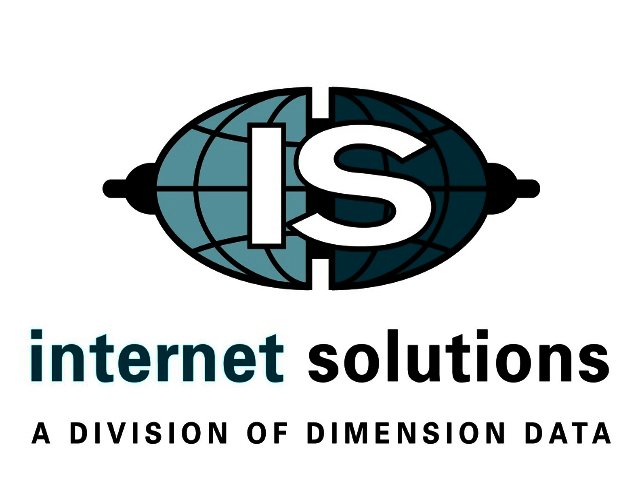The need to accommodate bandwidth intensive communication applications and tools, has become a critical differentiator for most businesses today. Internet Solutions, a pan-African telecommunications provider, has made major investments in its Fibre infrastructure in South Africa and plans to further its rollout in the coming months.
“South Africa’s connectivity infrastructure has seen incredible growth in the last few years and the partnerships that have been formed between service providers in order to deliver on this infrastructure has been nothing short of impressive” says Brett Steingo, Innovation and Technology Manager at Internet Solutions. “As a result, the internet connectivity landscape in South Africa today is vastly different to the monopolised connectivity market we were faced with a mere decade ago.”
One major factor that has contributed to this dramatic change is the influx of undersea cables that connect South Africa to the rest of the world. Other factors include the decrease in broadband prices over the last few years, an increased demand for online applications, as well as the increase in the availability of fibre networks in metropolitan areas. The granting of Electronic Communications Network Service licenses also played a major role in South Africa’s improved internet landscape. This meant that service providers who were previously required to buy their network access from one of the major providers, could now build their own networks or choose where they wanted to buy their access from.
“We have made significant investments in the deployment of fibre networks in South Africa” adds Steingo. “Internet Solutions has a vast fibre network of over 2000 km’s that runs throughout South Africa and connects the major city centres inland and along the coast. We also have a number of suburbs across the country that are fibre ready.”
Fibre as a method of internet access is ideal for businesses that require resilient, high capacity, low latency, internet access. “Where we see the real impact of these solutions is within the capabilities that fibre deployments unlock for business. When comparing the capabilities of these fibre networks with that of traditional copper based networks there are a number of factors that contribute to its popularity around the world. While both deliver internet services, fibre networks, for example, are far less prone to cable theft, easily scalable, symmetrically optimised for upload and download speeds and offers minimal line degradation over time” adds Steingo.
Growing South Africa’s fibre networks is more than merely putting infrastructure in the ground. According to Steingo, “the industry needs to step forward and look at how to encourage services around fibre based internet connectivity and the enhanced services that it allows.” Bandwidth costs have decreased significantly over the last few years and will continue to come down even further.
Now is the time that we need to look at the consumption of bandwidth and how it can be leveraged across all industries. Steingo adds, “there is no doubt that Internet connectivity delivered over IS’ fibre infrastructure is the key to unlock a variety of business driven capabilities for both small and large companies. Whether it’s for the backup and replication of data across servers, the connection of branch offices around the country, or even video and audio streaming, IS Fibre will deliver on these requirements.”





